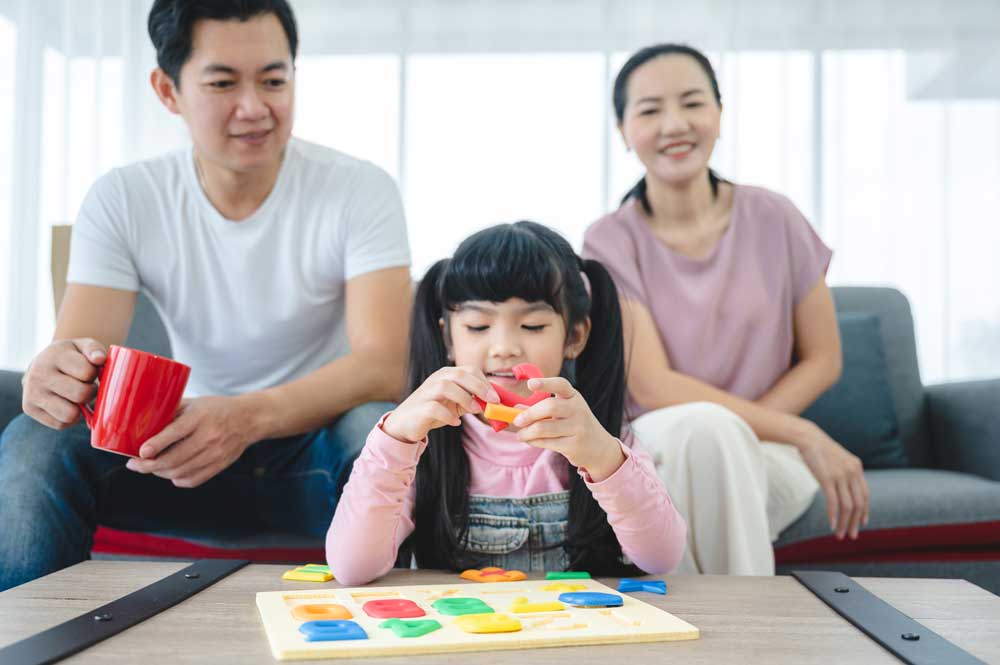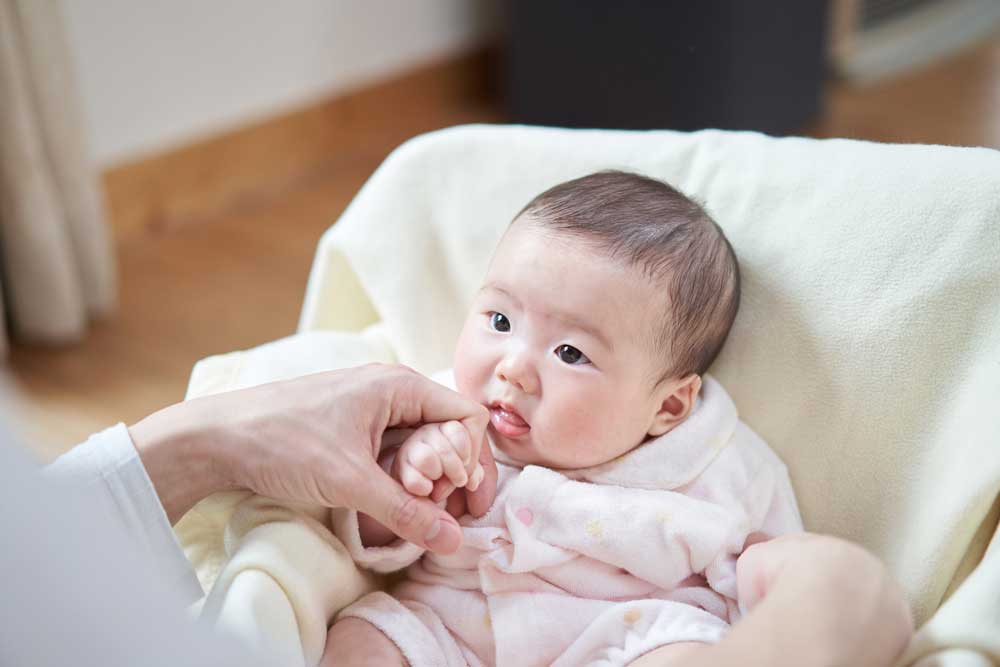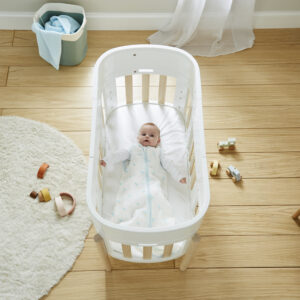
What is Sustainable Parenting? Nurturing Our Children and the Planet
Sustainable parenting, often referred to as eco-friendly or green parenting, is an approach that combines the responsibilities of raising children with a commitment to preserving the environment and leaving a better world for future generations.
It’s a conscious effort to make choices that not only benefit your child’s well-being but also minimize the ecological impact of parenting. In this article, we’ll explore what sustainable parenting entails and delve into the aspect of sustainable choices when it comes to baby beds.
Sustainable Parenting: An Overview
Sustainable parenting is about making thoughtful decisions that prioritize the health and well-being of your child while minimizing the environmental footprint. It involves a multifaceted approach that encompasses various aspects of parenting, including:
Eco-Friendly Products
Choosing products that are made from sustainable materials and are free from harmful chemicals. This includes everything from baby clothing to toys, and of course, baby beds.
Minimalism
Opting for a minimalist lifestyle that focuses on quality over quantity, reducing waste, and reusing or repurposing items rather than constantly buying new ones.
Breastfeeding and Cloth Diapers
Breastfeeding and using cloth diapers can significantly reduce waste and energy consumption associated with formula production and disposable diaper use.
Sustainable Food Choices
Selecting organic, locally-sourced, and minimally processed foods for your child. Supporting sustainable agriculture practices can lower your family’s carbon footprint.
Green Transportation
Opting for eco-friendly modes of transportation like walking, biking, or carpooling to reduce your family’s carbon emissions.
Teaching Sustainability
Instilling a love for nature and a sense of responsibility for the environment in your child from a young age through education and hands-on experiences.
The Sustainable Baby Bed
Now, let’s zoom in on one specific aspect of sustainable parenting: the baby bed. Choosing a sustainable baby bed involves considering various factors to ensure that your child sleeps soundly while minimizing the ecological impact.
- Material Selection. Sustainable baby beds are often made from eco-friendly materials such as FSC-certified wood (from responsibly managed forests), bamboo, or reclaimed wood. These materials are not only renewable but also free from harmful chemicals, ensuring your child’s safety.
- Non-Toxic Finishes. Look for baby beds with non-toxic finishes, paints, and stains. Harmful chemicals, like VOCs (Volatile Organic Compounds), can off-gas and affect indoor air quality, which isn’t ideal for your child’s health.
- Convertibility. Opt for a baby bed that can convert into a toddler bed and other furniture modes like playcart, table & chair, etc. This not only saves you money in the long run but also reduces waste since the bed can grow with your child.
- Durability. Choose a well-constructed baby bed that will last through multiple children or be passed down to other families. This promotes sustainability by reducing the need for new furniture production.
- Energy Efficiency. While it may not be a primary concern for a baby bed, consider the energy efficiency of production. Sustainable manufacturers often take steps to reduce their carbon footprint in the manufacturing process.
- Avoiding Excess. Don’t succumb to the temptation to buy excessive bedding or accessories for the baby bed. A minimalist approach can reduce waste and clutter in your child’s sleeping environment.
Benefits of Sustainable Parenting
Sustainable parenting offers several benefits, both for your child and the planet.
Healthier Environment
By choosing eco-friendly products, reducing waste, and conserving resources, sustainable parenting directly contributes to a healthier environment for future generations.
Cost Savings
Investing in high-quality, durable baby items may have a higher upfront cost, but it pays off in the long run as these items last through multiple children or can be resold or passed down.
Teaching Values
Sustainable parenting teaches children important values like responsibility, mindfulness, and respect for the planet. These values can shape their future choices and actions.
Reduced Exposure to Toxins
By selecting non-toxic products and materials, you reduce your child’s exposure to harmful chemicals, supporting their overall health and well-being.
Aesthetic Appeal
Sustainable baby products often feature timeless, minimalist designs that can fit seamlessly into your home’s decor. They are both functional and aesthetically pleasing.
Community and Connection
Engaging in sustainable parenting practices can connect you with like-minded individuals, building a supportive community and resource network.
Tips for Practicing Sustainable Parenting
- Do Your Research: Before making a purchase, research products to ensure they meet sustainable criteria.
- Reduce, Reuse, Recycle: Embrace the three Rs by minimizing waste, reusing items when possible, and recycling responsibly.
- Support Sustainable Brands: Choose brands that are committed to eco-friendly and ethical practices.
- Set an Example: Lead by example and instill sustainable values in your child by involving them in eco-conscious decisions.
- Educate Yourself: Stay informed about sustainable practices and trends, as the field is constantly evolving.
- Celebrate Small Wins: Remember that every small step toward sustainability counts and should be celebrated.
Conclusion
Sustainable parenting is not about perfection but about making conscious choices that benefit your child’s well-being and the planet. By considering the sustainability of products, you can nurture your child and contribute to a healthier, more sustainable world for future generations.
Join the sustainability revolution with KIKI & SEBBY! Make a positive impact on the planet and your lifestyle. Choose eco-friendly, high-quality products that ensure your child’s well-being and contribute to a greener future. Shop now for a brighter, eco-conscious future!











